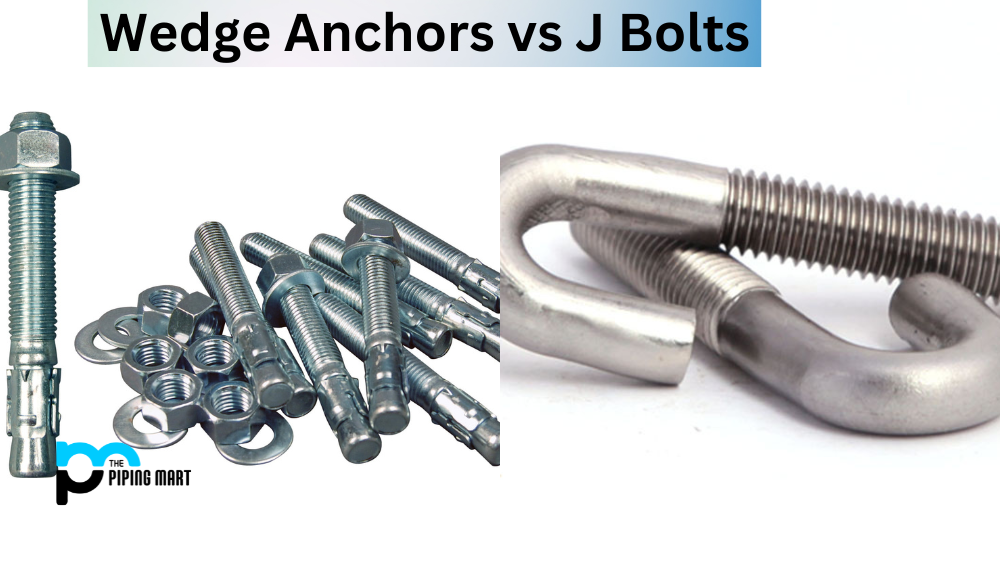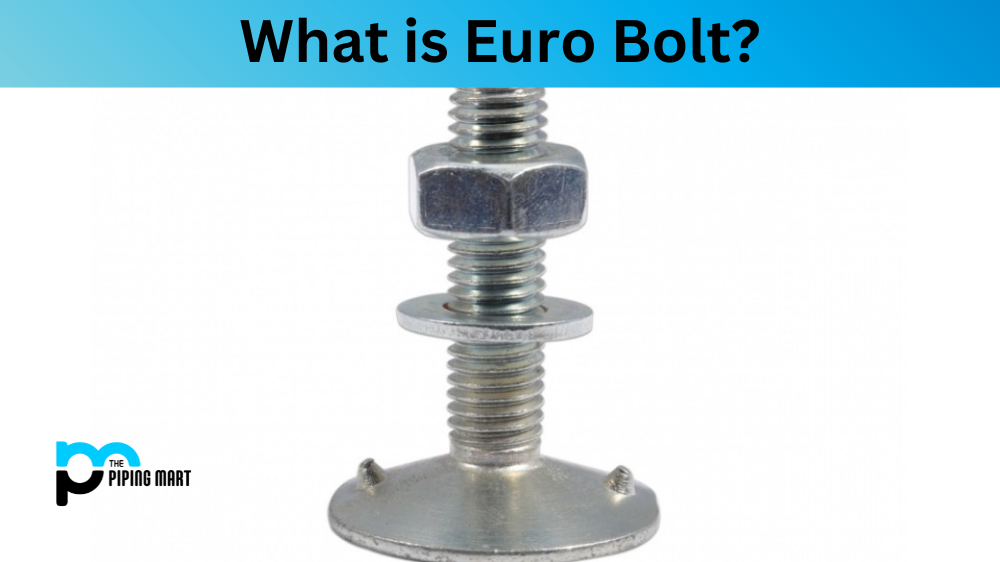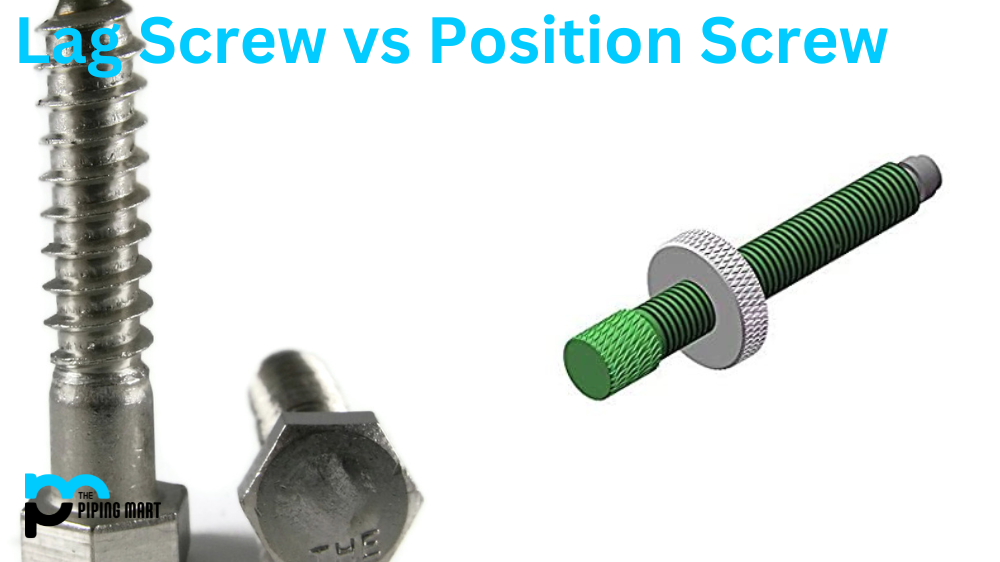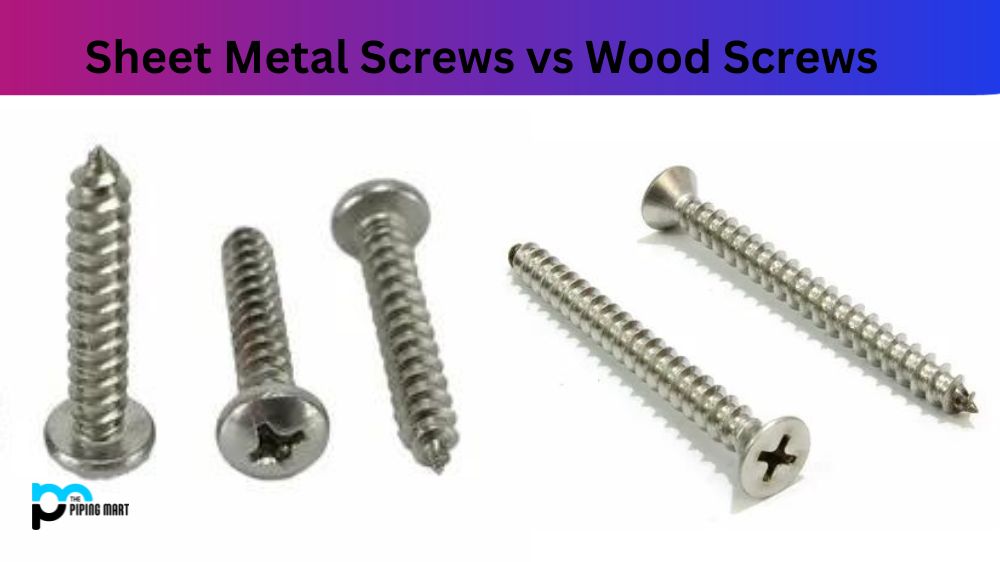When it comes to anchoring heavy machinery or structural elements, wedge anchors and j bolts are two popular options. But what is the difference between the two? Knowing their differences can help you choose the best option for your particular project. Let’s take a closer look at wedge anchors and j bolts.
What is Wedge Anchor?
Wedge anchors are an expansion-type anchor that is used in concrete, brick, and block base materials. As long as there is sufficient room to drill, they will work in any solid base material. They come in a variety of lengths and diameters, making them ideal for use with projects that require different depths or sizes of the bolt. To install a wedge anchor, you simply drill into the base material using the appropriate size bit and then insert the anchor using a hammer or impact driver (depending on the type). Once inserted, you simply tighten the nut to expand the anchor against the walls of the hole for maximum hold strength.
What is J-Bolt?
J bolts are a type of threaded rod fastener that consists of a threaded rod with a J-shaped head on one end. They come in various lengths and diameters depending on your application needs, but all sizes have similar installation instructions; use either an impact driver or wrench to insert them into pre-drilled holes in base material such as concrete or wood (depending on which type you select). Because these bolts have threads along their entire length, they provide superior hold strength than other types of fasteners when installed correctly.
Difference Between Wedge Anchor and J-Bolt
The most significant difference between wedge anchors and j bolts is that wedge anchors require less torque to be tightened than j bolts due to their unique design; wedge anchors have an expansion mechanism built into them which allows them to expand when tightened, while j bolts rely solely on thread engagement for holding power. Additionally, because j bolts have threads along their entire length, they tend to be more secure when installed properly compared to wedge anchors, which may not always provide full coverage against the walls of drilled holes due to their size limitations.
- Wedge anchors are made of steel, which is a strong and durable metal that can withstand a lot of force.
- J bolts are also made of steel, but they are not as strong as wedge anchors.
- Wedge anchors can be used in concrete, brick, or stone, but j bolts can only be used in concrete.
- Wedge anchors are easier to install than j bolts because they do not require a hole to be drilled in the material first.
- J bolts are less expensive than wedge anchors.
- Wedge anchors are more versatile than j bolts because they can be used in a variety of materials.
Conclusion
When it comes time to pick an anchor for your next project, there are plenty of choices out there—but two popular options are wedge anchors and j bolts. Both types offer benefits depending on your application needs; wedge anchors require less torque during installation, while j bolts offer superior holding power when installed properly, thanks to their threaded design. Ultimately it comes down to what works best for your particular project, so be sure to research both types before making your final decision!

Pipingmart is a B2B portal that specializes in metal, industrial and piping items. Additionally, we share the latest information and information about materials, products and various types of grades to assist businesses that are involved in this business.




